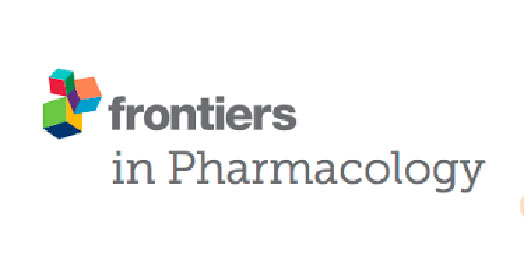News
Frontiers in Pharmacology special edition edited by Takiwasi research staff

The first research articles related to the call “Beyond the Pharmacology of Psychoactive Plant Medicines and Drugs: Pros and Cons of the Role of Rituals and Set and Setting” have been published. Among the Topic Editor of this new article collection under the section Ethnopharmacology of the journal Frontiers in Pharmacology we find Matteo Politi and Fernando Mendive from Takiwasi’s research department.
Traditional medicine is the sum of knowledge, skills, and practices that are based on theories, beliefs, and experiences of different cultures used in the maintenance of health. Rituals and shamanistic ceremonies guiding the use of herbal drugs with mind-altering properties are considered mandatory for maintaining the quality, safety and efficacy of the therapeutic experiences. Although science recognizes the therapeutic role of the placebo effect and the meaning response, the power of rituals in the context of mental health and the consumption of mind-altering drugs has rarely been assessed. We aim to provide a platform for the presentation of first-hand clinical experiences and experts’ contributions on practices used or inspired by traditional medicines related to the improvement of mental health.
The focus on testing pure compounds and botanical drugs derived from indigenous pharmacopoeias follows the idea that local medicines become meaningful only when pharmacologically assessed and often disregards the importance of indigenous recipes and the cultural context. While useful in the context of drug development, this can hamper the successful integration of indigenous practices into modern contexts, such as for instance that of psychedelic-assisted therapy. Currently there is an increasing interest towards new therapies for mental problems using indigenous psychedelic drugs. Therefore, the assessment of the traditional pharmaceutical recipes and the role of the set and setting representing the overall context are crucial. The interdisciplinary challenge posed by this relatively new field of research (despite seminal work dating back many decades) will be tackled by giving priority to studies adopting schemes for assessing the mind-set of users, rituals and ceremonies. Studies should, moreover, evaluate the treatment outcome by means of standardized protocols measuring different parameters related with mental health such as anxiety, depression, or psychological flexibility, but also spiritual wellbeing and overall quality of life. There is no constriction towards specific disciplinary methodologies.
Contributions to this special issue have been invited from a broad range of disciplines and fields of research including medical anthropology, ethnopharmacology and ethnomedicine, psychopharmacology, neuroscience, psychology, sociology, history, and philosophy, as well as from conventional or complementary therapists with clinical expertise related to the proposed research topic and addressing:
• Herbal medicines and modern drugs of natural origin used in the context of mental health;
• Pharmacology of traditional recipes including psychoactive drugs; pharmacology of the placebo effect/meaning response;
• Efficacy of rituals and ceremonies (responses to non-biological factors in therapy);
• Traditional and modern practices in mental health;
In the following link you can find the first published articles: Frontiers in Pharmacology